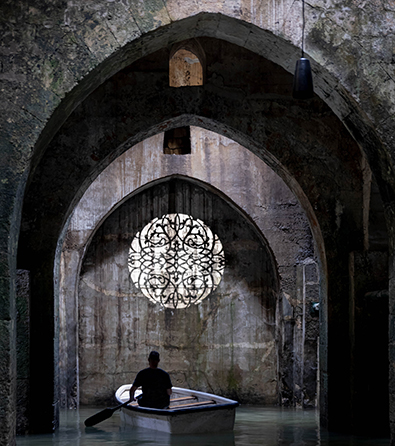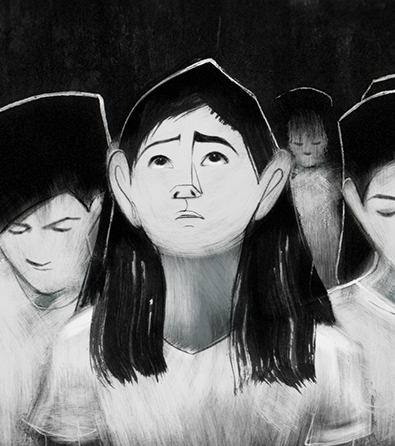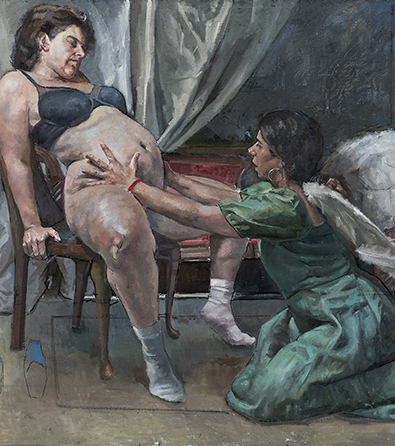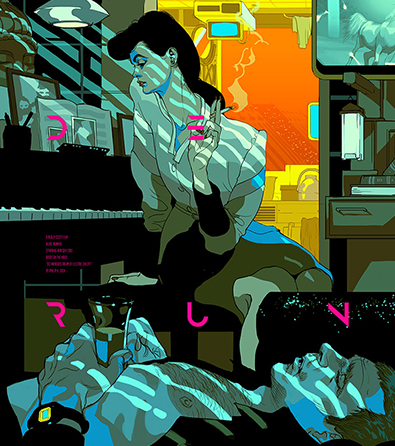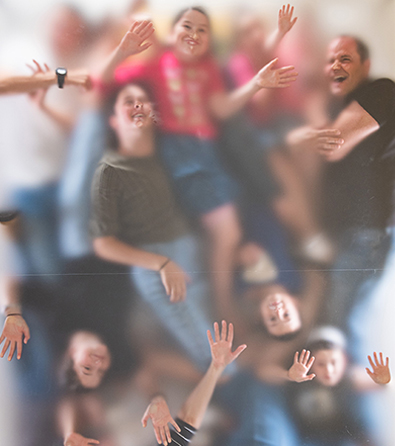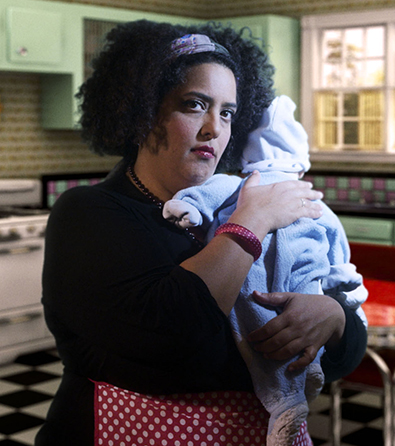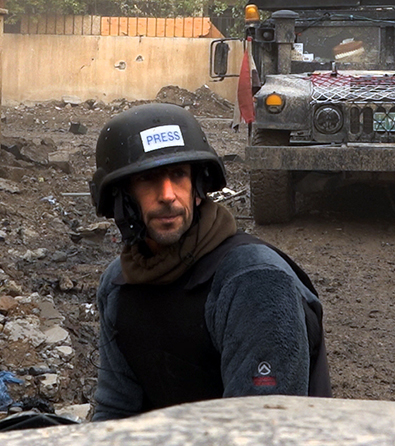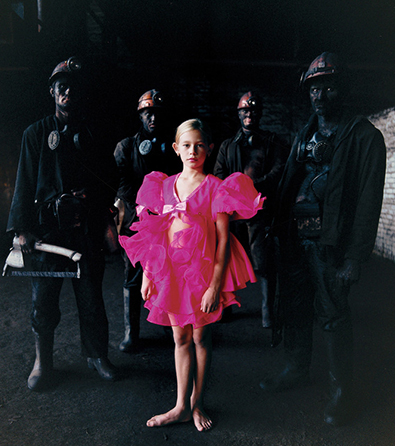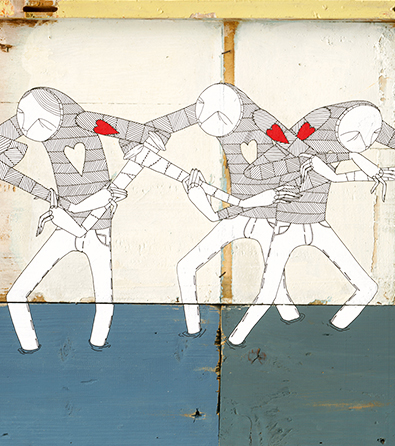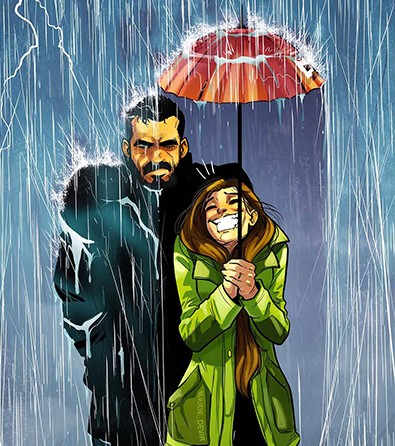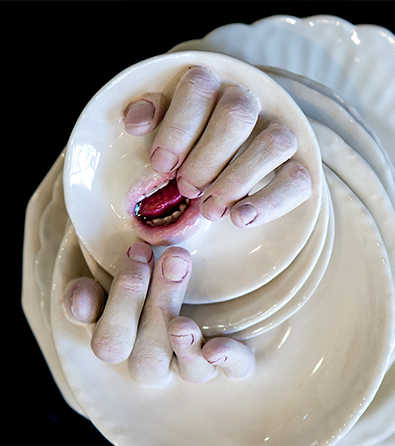The video A Conversation with Aharon Appelfeld (32 minutes) is available to watch at the top of the page.
* To watch this film, please approve YouTube/Vimeo cookies via the blue cookie icon at the bottom left of the screen.
Aharon Appelfeld, the acclaimed Israeli novelist and Holocaust survivor, was awarded the Israel Prize for Literature in 1983. We invite you to watch the profound interview featured at the top of the page—offering an intimate glimpse into the mind of one of Israel’s most revered literary voices.
Filmed at his home in Mevaseret Zion, this in-depth conversation captures Appelfeld reflecting candidly on the essence of literary writing. “Since I was a child, the Holocaust was like a fairytale,” he remarked—a haunting observation that distills the surreal nature of trauma as seen through the eyes of a child.
Appelfeld was just seven years old when World War II erupted. At the age of nine, he witnessed the murder of his mother, and he and his father were deported to a forced labor camp in Transnistria. Appelfeld escaped and survived three harrowing years alone in the forest, working for peasants and concealing his identity through silence. Later, he joined the Soviet army, serving as a cook. In 1946, two years before the establishment of the State of Israel, a thirteen-year-old Appelfeld immigrated alone. Nearly two decades later, he was reunited with his father, after discovering his name on a Jewish Agency list of Holocaust survivors.
Despite receiving only limited formal education, Appelfeld became a master of Hebrew and began to write short stories and novels grounded in the memories of his early life. His work focuses not on the epic scale of historical events, but on the inner lives of ordinary Jews in Europe before, during, and after the war. In the interview, he explains his commitment to portraying the human dimension of the victims—writing about love, disappointment, and pain as a way to foster emotional connection between the reader and the individual caught in catastrophe.
Rather than depict the Holocaust through graphic brutality, Appelfeld sought to evoke its presence through nuance, silence, and restraint—preserving the dignity of his characters while inviting reflection on the human experience within unimaginable circumstances.
The video Conversation with Aharon Appelfeld was created as part of a video art project by Shachaf Dekel, inspired by Appelfeld’s writings. The video art When Time Comes was inspired by the book Badenheim 1939 by Aharon Appelfeld – click here to watch. The video art Maria Gross was inspired by the book The Story of a Life by Aharon Appelfeld – click here to watch.

